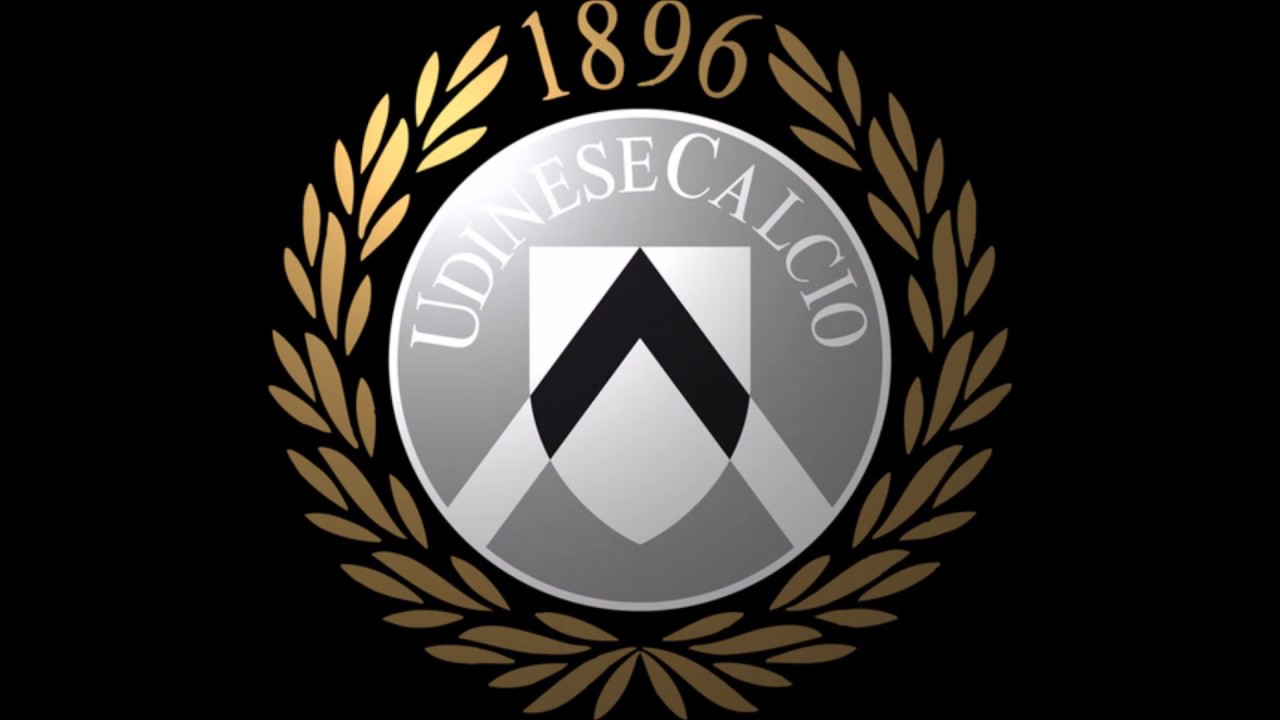Udinese FC is a renowned Italian football club with a storied history, passionate fan base, and a reputation for cultivating talented players. Known for its resilience and tactical ingenuity, Udinese FC has carved out a distinctive place in Serie A and European football. This article explores the club’s origins, development, key moments, tactical philosophies, notable players, and future prospects—presenting an in-depth analysis of one of Italy’s most intriguing football clubs F168.
The Origins and Historical Evolution of Udinese FC
Understanding Udinese FC begins with tracing its roots from humble beginnings to its current stature. Founded in 1896, the club’s journey embodies perseverance through decades of change, political upheavals, and evolving football trends.
Early Formation and Establishment
The club was established as “Società Udinese di Football” in 1896, making it one of Italy’s oldest football institutions. Initially, the focus was on local competitions in the Friuli Venezia Giulia region, but the passion for football quickly grew, laying the groundwork for a professional future. During its early years, the club participated mainly in regional tournaments, developing a local rivalry that would shape its identity.
By the early 20th century, Udinese started participating in national leagues, gradually climbing the competitive ladder. The club’s early years were characterized by a focus on community building and nurturing local talents, which remains a core aspect of Udinese FC’s philosophy today.
Development Through the Mid-20th Century
Post-World War II, Udinese FC faced challenges common to many Italian clubs: economic constraints, infrastructural needs, and the increasing professionalism of football. Despite these hurdles, the club’s resilience paid off as it gradually ascended into Italy’s top tiers.
In the 1950s and 1960s, Udinese experienced a series of promotions and relegations, reflecting the volatile nature of football at the time. Their dedication culminated in a significant achievement: promotion to Serie A in 1980 after decades of striving. This period marked the start of a new chapter, where stability became a goal alongside competitive success.
Navigating the Modern Era
The late 20th and early 21st centuries saw Udinese establish itself as a consistent Serie A side, known for its strategic management and talent development. Under various managers, the club adopted a pragmatic style of play, blending defensive solidity with quick counterattacks. The club also began to develop a reputation for discovering young talents before they became global stars.
During this era, Udinese forged important relationships with other European clubs through player exchanges and loans, especially with prominent teams like Arsenal, Liverpool, and Barcelona. These collaborations enhanced their scouting network and contributed to their reputation for youth development and innovative tactics.
Key Milestones and Achievements
While Udinese FC has not secured major domestic titles, several milestones define its proud history:
- Promotion to Serie A: multiple times, with the latest in the early 2000s.
- Notable European campaigns: including qualifications for UEFA Cup/Europa League.
- Record-breaking seasons: finishing among the top half of Serie A standings consistently.
- Development of acclaimed players who later achieved international fame.
